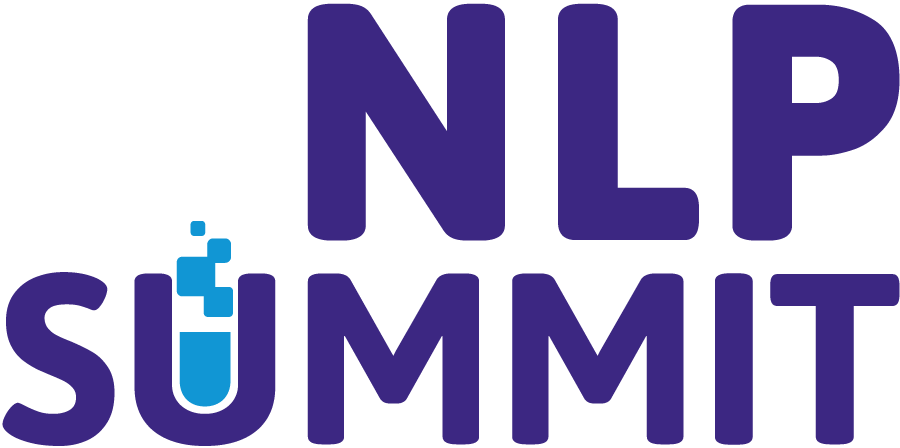Clinical Data in Sepsis Management – Comparative Analysis of Clinical Decision Support Systems at the Neonatal Intensive Care Units (NICU) in Hospitals
In medicine, evidence forms the cornerstone of its paradigm, primarily derived from data. Across the system of healthcare, these data sources have greatly grown with each passing decade. They encompass a wide range of inputs including clinical trials, hospital information systems, medical equipment, as well as sensors and innovative tools. In adherence to the principles of evidence-based medicine, hospitals, and healthcare institutions necessitate efficient management, analysis, and interoperability of data across multiple systems.
Consequently, the processing of medical data has become increasingly demanding and time-sensitive. Usually, the analysis process is time-consuming and requires the assistance of clinical experts to extract clinically significant insights. In this process, NLP models used to structure free text and data from electronic medical records prove to be helpful. Data analytics models and artificial intelligence are poised to become integral components of hospitals, ensuring the fulfillment of the mentioned imperatives. One example of this integration is found in clinical decision support systems (CDSS), which facilitate the real-time data analysis of both retrospective and contemporaneous data for inference, trend prediction, monitoring dynamic changes, and generating insights.
Timely access to such information enables optimal physician workload management, minimizes error risks, and enhances the planning of diagnostic and therapeutic journeys for patients. A spectrum of clinical decision support system models exists, leveraging data repositories, inference engines, and communication systems, and depending on machine learning or statistical pattern recognition.
Categorized into model-driven, data-driven, knowledge-driven, and document-driven approaches, these models find application across various domains, yielding diverse outputs, thus propelling medicine into the era of real-time evidence. The foundation of this analysis lies in the authors’ experiential insights gained through the implementation of a doctoral thesis within the realm of artificial intelligence (AI) applied to medicine, specifically focusing on the prediction of early neonatal sepsis (EOS).

Karolina Tadel
Digital Health Manager AI & innovations in hospitals Ph.D. student at Wroclaw Medical University (Poland) with research study based on implementing AI algorithm in public hospital- first AI tool in neonatal sepsis. President of the Board The Global Entrepreneurship Week in Poland Foundation- official host of The Global Entrepreneurship Network. Every November, GEW is the world’s largest event dedicated to entrepreneurs, ecosystems, startups and networking.

